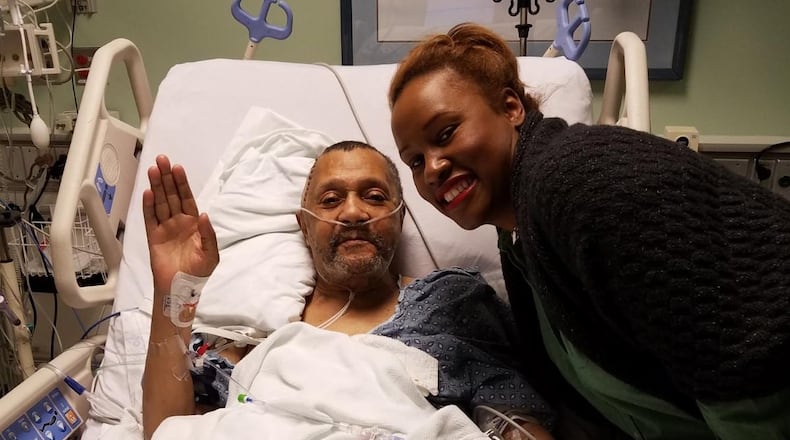The family of the man who died in 2019 after being repeatedly attacked by fire ants at a Veterans Affairs long-term care facility in Atlanta filed a negligence lawsuit against the federal government and Orkin, the hospital’s pest control company.
The civil suit, filed in federal district court Monday, asks for $7.5 million in damages and other costs. It alleges the hospital and Orkin failed to follow safe and reasonable health-care practices, sanitation and safety protocols, VA policies and adequate employee training.
The Atlanta VA Health Care System said in a written response it continues to mourn the loss of Joel Marrable, the veteran, and sends deepest condolences to his family and friends. “However, we do not comment on pending litigation,” it added.
Orkin, in a written statement, said it is reviewing the case but that its records indicate it was only hired for limited exterior pest control services for some of the VA campus in 2019, and not for interior services.
Marrable was a terminally ill cancer patient at the Atlanta hospital’s Eagles’ Nest Community Living Center. His daughter Laquna Ross found him covered with ant bites and stings in September 2019. Marrable had been attacked Sept. 2 and 5. He died two days after the last attack.
Josh Sacks, the attorney representing the family, said they believe the attacks hastened his demise.
The hospital had known of the pest problem for months before the attack, The Atlanta Journal-Constitution reported last May. A VA investigation showed multiple failures by staff, and nine staff members were put on leave or reassigned.
Months before Marrable was bitten, a VA report concluded ants had likely colonized the roof of the building. The problem was so substantial that local administrators concluded after the attack that the best solution would be to tear the Community Living Center down and build a new one. Demolition is scheduled to begin this fall.
Last spring, the VA moved all the patients out of the building to other VA facilities in three states, ostensibly to isolate them from the pandemic. Documents reviewed by the AJC show there were also concerns about the insect problem.
About the Author
Keep Reading
The Latest
Featured


